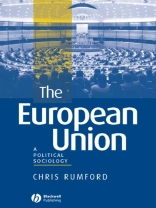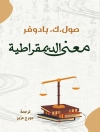The European Union is the first full-length treatment of European integration from a sociological perspective. It redirects the core concerns of political sociology away from nationally bounded societies towards a ‘sociology beyond societies, ‘ capable of making a valuable contribution to thinking about the nature and problems of the European Union. Within this broad objective the book concerns itself with such key issues as the relation between the EU and globalization, the nature of the EU state, and the question of whether a European society can be said to exist. Students, scholars, and sociologists interested in the history, development, and legacies of the European Union will find this to be a unique and informative text.
Tabla de materias
Acknowledgements.
1. Introduction: A New Approach to Studying European
Integration.
2: The European Union and Globalization.
3. The Question of the European State.
4. European Society.
5. Unemployment, Social Exclusion and Citizenship.
6. Cohesion Policy and Regional Autonomy.
7. Rethinking Core-Periphery Relations.
8: Europe and Democracy.
9: EU Enlargement.
10. Conclusion.
Notes.
References.
Index.
Sobre el autor
Chris Rumford teaches in the Department of International Relations at Istanbul Kultur University, and is a Visiting Fellow at City University, London. He has written a number of articles on the dynamics of European integration and the sociology of European issues, and is the author of European Cohesion? Contradictions in EU Integration (2000).












